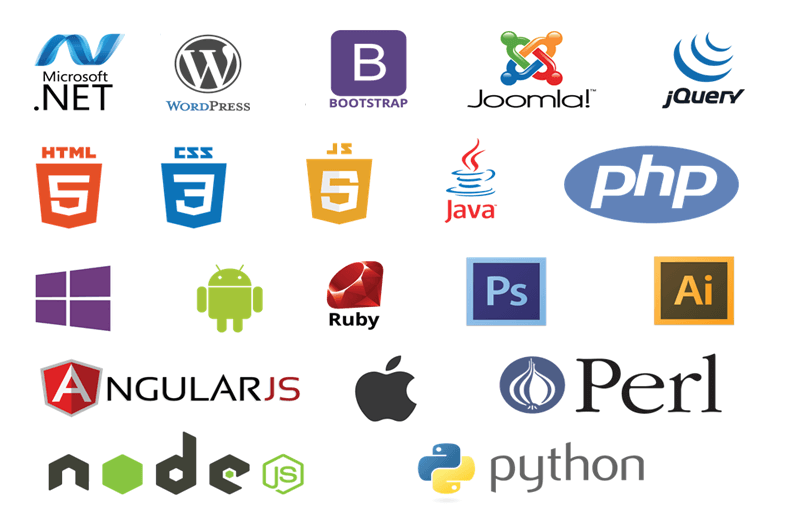Essential Web Development Tools Every Developer Should Know
Web development is a multifaceted discipline that encompasses a wide range of tasks, from creating simple static web pages to complex web applications. To streamline the development process and ensure efficiency, web developers rely on a variety of tools and resources. In this blog post, we’ll explore some essential web development tools that every developer should know to elevate their skills and productivity.
- Text Editors and IDEs
A good text editor or integrated development environment (IDE) is the backbone of a developer’s toolkit. Popular text editors such as Visual Studio Code, Sublime Text, and Atom offer features like syntax highlighting, code completion, and extensions that enhance productivity. IDEs like IntelliJ IDEA and Eclipse provide advanced tools for specific programming languages, making them invaluable for larger projects.
- Version Control Systems
Version control systems like Git are essential for managing and tracking changes to code. Git allows developers to collaborate on projects, track changes, and revert to previous versions when needed. Platforms like GitHub, Bitbucket, and GitLab provide hosting services for Git repositories, enabling seamless collaboration and code management.
- Browser Developer Tools
Modern web browsers come with robust developer tools that allow for real-time debugging, performance analysis, and CSS/HTML inspection. Google Chrome’s DevTools, Firefox’s Developer Edition, and Safari’s Web Inspector are commonly used for debugging and optimizing web applications.
- Package Managers
Package managers like npm (Node Package Manager) and Yarn are crucial for managing dependencies in web development projects. They enable developers to install, update, and manage project dependencies efficiently, ensuring that the project remains up-to-date and organized.
- Task Runners and Build Tools
Task runners like Gulp and Grunt, along with build tools like Webpack, are essential for automating repetitive tasks such as minification, compilation, and testing. These tools streamline the build process and enhance the performance and maintainability of web applications.

- Responsive Design Tools
Creating responsive and mobile-friendly web designs is crucial in today’s digital landscape. Tools as Bootstrap, Foundation, and Flexbox provide frameworks and tools for designing and developing responsive websites, ensuring a consistent user experience across different devices and screen sizes.
- Browser Compatibility Tools
Cross-browser compatibility is a key consideration in web development. Tools like BrowserStack and CrossBrowserTesting enable developers to test their web applications across different browsers and devices, ensuring a consistent user experience regardless of the platform.
- Performance Testing Tools
Optimizing the performance of web applications is essential for delivering a seamless user experience. Tools like Lighthouse, PageSpeed Insights, and WebPageTest provide insights into performance metrics, suggesting improvements for web page speed, and accessibility, and best practices.
- Content Management Systems
(CMS)For developing and managing content-rich websites, CMS platforms like WordPress, Drupal, and Joomla provide powerful tools for creating, organizing, and publishing digital content. These platforms offer a range of plugins and extensions for customization and functionality.
- Security Tools
Maintaining the security of web applications is paramount. Tools like OWASP ZAP, SSL Labs, and security header analyzers help developers identify and address security vulnerabilities, ensuring that web applications are resilient against cyber threats.
The field of web development is continuously evolving, and staying abreast of the latest tools and technologies is essential for developers to remain competitive and deliver high-quality solutions. By leveraging these essential web development tools, developers can streamline their workflow, enhance collaboration, and build robust and efficient web applications that meet the demands of today’s digital landscape.
#webdevtools #developeressentials #techtrends #codingtools #webdevelopment #productivitytools #digitalsolutions #codemanagement #techinnovation #digitaltools #webdesign #programmingUtilities